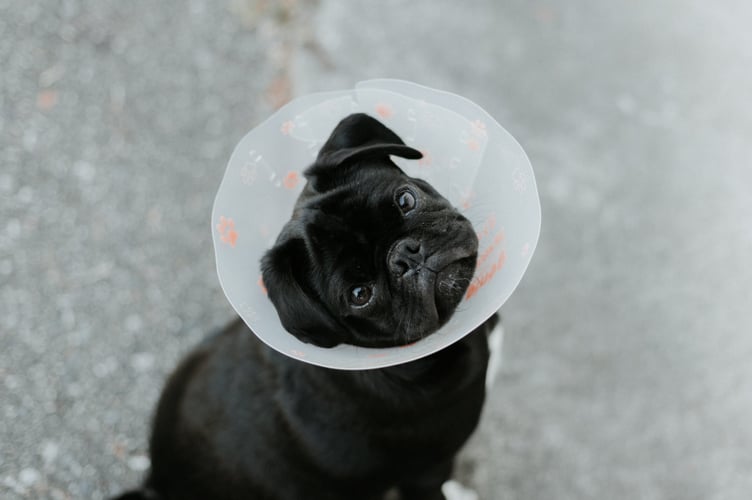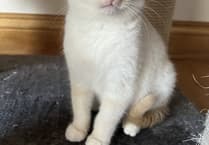The UK Government’s Competition and Markets Authority (the CMA), a regulatory and competition ‘watchdog’, has launched a public consultation into the veterinary services market for household pets (ie. dogs, cats and rabbits).
The review will explore whether the market is working well for pet owners who are paying for veterinary services, and for veterinary businesses, amid concerns that price increases have far outstripped inflation.
The CMA is keen to understand pet owners’ experiences of pricing, access to prescriptions, access to medications, and the variety of veterinary services that are available.
It has launched an online questionnaire which will be in place for approximately six weeks from the beginning of September at www.gov.uk
If you are a pet owner and you have used a veterinary service within the past three years, you can have your say; and there is a separate questionnaire for people who work, or have worked, in the sector. There is also a third questionnaire for suppliers to the profession.
A publication called the Vet Times has run articles over the last few months that show how large, multi-national companies now dominate the veterinary profession.
Ten years ago more than 90 per cent of UK practices were independently owned (100% in the Isle of Man), and now it’s less than 45%.
The Vet Times reports how these large companies are confident about the resilience of the veterinary sector, despite ongoing economic pressures facing households.
These ‘long-term growth tailwinds’ are because of an increase in pet ownership since the pandemic, the increased humanisation of pets, and owners’ willingness (if that’s the right word) to spend money on their pets’ welfare.
One of the largest multi-nationals, a company that has a significant interest in the Isle of Man, reported revenues and earnings climbing from £1.31 billion in 2020, to £2.84 billion in 2022 – that’s more than double in only two years.
The ManxSPCA is concerned that pet owners are being sold expensive treatments that are not absolutely necessary – for example, blood tests (particularly on very old animals), dental procedures, and implants rather than castration. The list is a long one.
But even more concerning is the probability that some owners will simply not engage with the veterinary profession because they fear the financial consequences. Or they will delay seeking treatment because they can’t afford a minimum out-of-hours call out fee (levied by some practices) of £250.
It’s important to note that we have wonderful, professional and caring veterinary practitioners in the Isle of Man – from the vets themselves, through to the vet nurses and support staff.
They do not earn high salaries, and they do not share in the profits made by the multi-nationals.
Don’t be made to feel as though you’re a bad owner if you ask for more information about the treatment you are being offered for your pet, and ask about the charges up front.
The science of veterinary care, as in human medicine, develops continuously and so there are more and more treatment options available – but some can be very expensive.
Another tip, especially if your pet is on long-term medication for illnesses such as diabetes or thyroid issues, is to explore the option of purchasing veterinary medication online (although you will have to purchase a prescription from your vet).
Pet insurance is, of course, a way of safe guarding against huge veterinary bills, but the premiums have increased inordinately over the past two years. A local pet insurance provider confirmed that the main reason for the hike in premiums was the increase in vet fees. More and more people are choosing to put a certain sum of money into a separate deposit account, so that they have some peace of mind about vets’ bills.
Let’s hope that the UK Government’s investigation into the market yields some positive results for pet owners, ideally a reduction in fees, so that pets don’t suffer.




